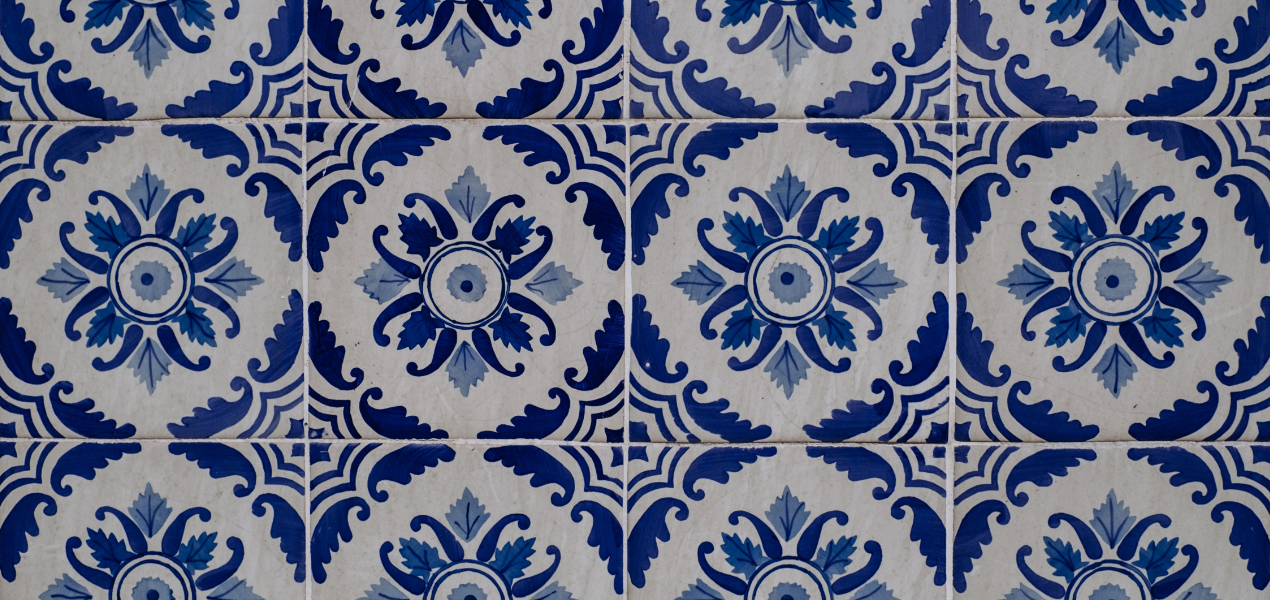The Rich Tapestry of Portuguese Culture
Nestled along the western edge of the Iberian Peninsula, Portugal boasts a captivating tapestry woven with threads of rich history, vibrant customs, and a language that sings through the ages. From the ancient roots of Lusitania to the bustling streets of Lisbon, Portugal’s cultural identity is a testament to centuries of resilience, exploration, and artistic expression.
Historical Overview:
Portuguese history unfolds like a dramatic novel, with chapters that span millennia. The tale begins with the indigenous people of Lusitania, conquered by the Romans in 45 BC. The Moorish influence during the Islamic period left an indelible mark on architecture, art, and language. However, it was in the 12th century that Portugal emerged as a nation, with the Treaty of Windsor in 1386 solidifying the Anglo-Portuguese alliance, the oldest alliance in the world.
The Age of Discovery (15th-17th centuries) marks a zenith in Portuguese history. Under the leadership of Prince Henry the Navigator, Portuguese explorers embarked on daring maritime journeys, mapping uncharted territories and establishing trade routes to Africa, Asia, and the Americas. The impact of this golden era is still evident in the maritime motifs that adorn Portuguese art and architecture.
Language:
The Portuguese language, a lyrical and expressive Romance language, serves as a linguistic bridge to the nation’s past. With roots deeply embedded in Latin, Portuguese has evolved to become the sixth most spoken language globally. Beyond Portugal’s borders, it resonates in the diverse cultures of Brazil, Mozambique, and other former colonies. The literary contributions of renowned poets like Luís de Camões and Fernando Pessoa have elevated Portuguese to the realm of artistry.
The soulful melodies of Fado, a genre of traditional Portuguese music, are often accompanied by heartfelt lyrics that capture the essence of saudade, a uniquely Portuguese word that embodies a melancholic longing for something absent.
Customs and Traditions:
Portuguese customs reflect a harmonious blend of tradition and modernity. Festivals like Carnival, celebrated with colorful parades and vibrant costumes, showcase the vivacity of Portuguese culture. The lively Fado performances in Alfama, Lisbon’s historic district, are a testament to the country’s passion for music and storytelling.
Portuguese cuisine, with its emphasis on fresh seafood, olive oil, and a variety of spices, reflects the nation’s maritime history. Bacalhau, a salted cod dish, stands as a culinary icon, each region adding its unique twist to the recipe. Family gatherings around a table laden with delicacies symbolize the warmth and conviviality inherent in Portuguese hospitality.
Popular Sayings and Proverbs:
The Portuguese language is peppered with proverbs and sayings that offer profound insights into the cultural mindset. “Quem não arrisca, não petisca” (He who doesn’t risk, doesn’t get a snack) encourages taking chances, a sentiment deeply rooted in the nation’s history of exploration. “Quem semeia ventos colhe tempestades” (Who sows winds reaps storms) speaks to the consequences of one’s actions, a wisdom acquired through centuries of navigating the unpredictable seas. Other popular Portuguese sayings here.
Exploring Portuguese culture is akin to embarking on a voyage through time and tradition. The nation’s history, language, customs, and sayings intertwine to create a vibrant mosaic that captivates the senses. Portugal’s cultural richness is not only a testament to its past but also an invitation to savor the beauty of a nation that has navigated the currents of history with resilience and grace.

For tailor-made tours or other programs, please get in touch with us by telephone or by filling out the form below.

